Menu
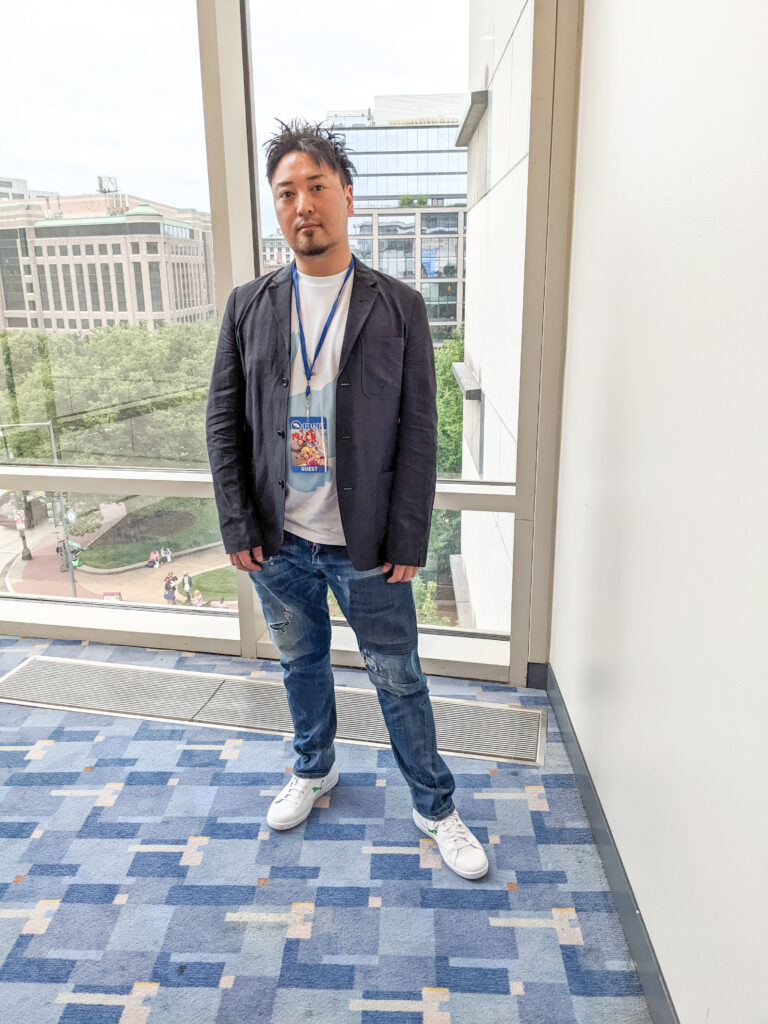
Posted Oct 19, 2022 by
An Exclusive Interview with Author Wataru Watari
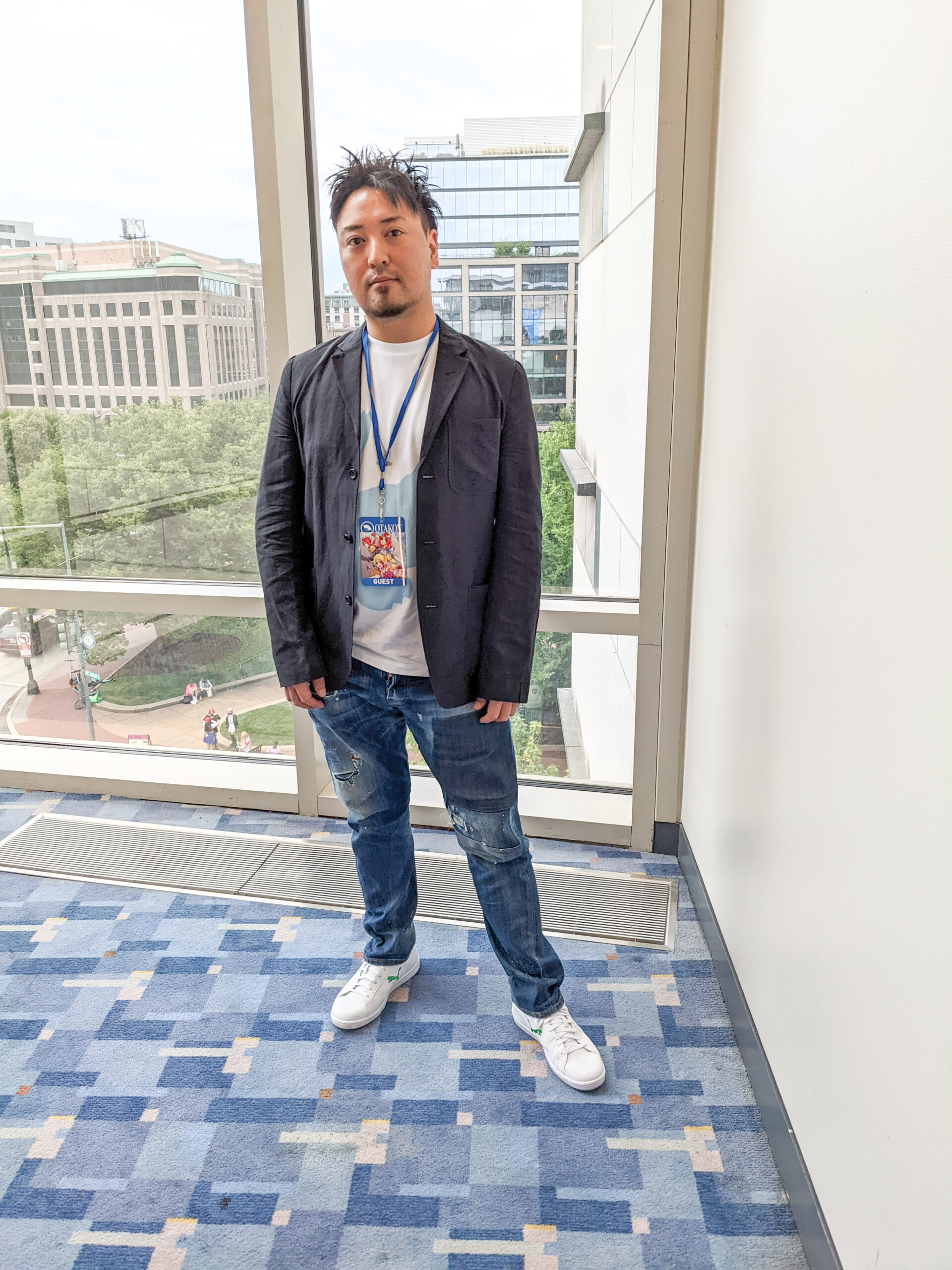
With the recent release of the final light novel volume of My Youth Romantic Comedy Is Wrong, As I Expected, Yen Press had the lovely opportunity to discuss the popular series with the author Wataru Watari. Our senior editor for the manga, Carl Li was joined by the English editor of the light novel, Anna Powers, as well as the translator, Jennifer Ward.
(SPOILER WARNING FOR THE END OF MY YOUTH ROMANTIC COMEDY IS WRONG, AS I EXPECTED)
Hachiman is an interesting character because he thinks he has society figured out, but he learns over the course of the story that he doesn’t have all the answers. How did you decide on a main character like him, and have your feelings about Hachiman changed over the years as you’ve written the series?
Watari: I would like to say that the events leading up to the character Hachiman are actually from my experiences in school. When I was still in school, I and others had feelings toward things like club activities and part-time work and such that weren’t always positive. We’d get together, and everyone would say, “Club activities are tiresome, aren’t they?”
After I went out into society and the world of grown-ups, I had a similar feeling. When I recalled that, I thought, If I felt this way back in school and now when I’m in the real world, maybe this is something that exists on a larger scale—not just with me. By being able to depict this feeling toward school and society, maybe I would be able to relate to many teenagers or guys new to adult society, in terms of the difficulty in communicating that people express, and that everybody feels this way toward communication.
I feel that the character Hachiman has changed over the course of the story in the sense that his values have actually changed as the story goes on. He meets lots of people—cool guys as well as more otaku types—and he actually talks about people much more in the later in the story. Meeting Yui, Hayama, Zaimokuza, and others, he mentions them more often, and I feel that this expresses how his world has expanded.
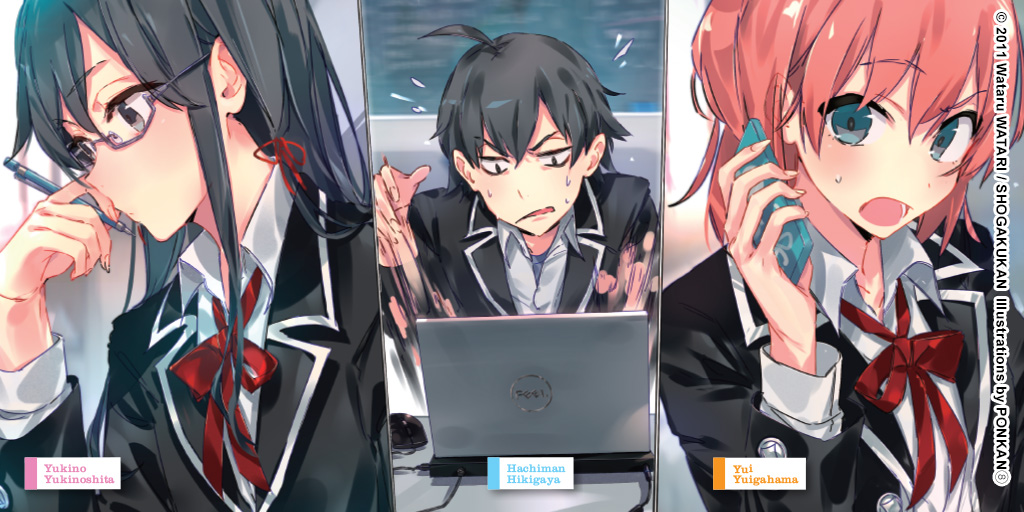
The end of the story has Hachiman and Yukino get together. Was that planned from the beginning, and have you put any thought on other possible “routes,” including if Hachiman never had that accident on that first day?
Watari: I conceived the story as starting with Hachiman and Yukino. In that sense, it was kind of like the “true route” to begin with. But of course, the what-ifs about other events—I think that’s perfectly within question. It depends on how much time you spend with each girl.
But I perceived the story at first as a perfect plot, a perfect plan. Those what-ifs can totally exist, but no matter what might happen in others’ arcs, Yukino has a special place in Hachiman’s heart. Say, for example, Hachiman went another route and ended up with a different girl: I think Yukino would be the girl who, if Hachiman died and had a funeral, Yukino would sneak in there and cry in front of his photo. Even if she weren’t a romantic interest, she would be a special character to Hachiman. Not really a femme fatale, but a person of destiny, in a sense.
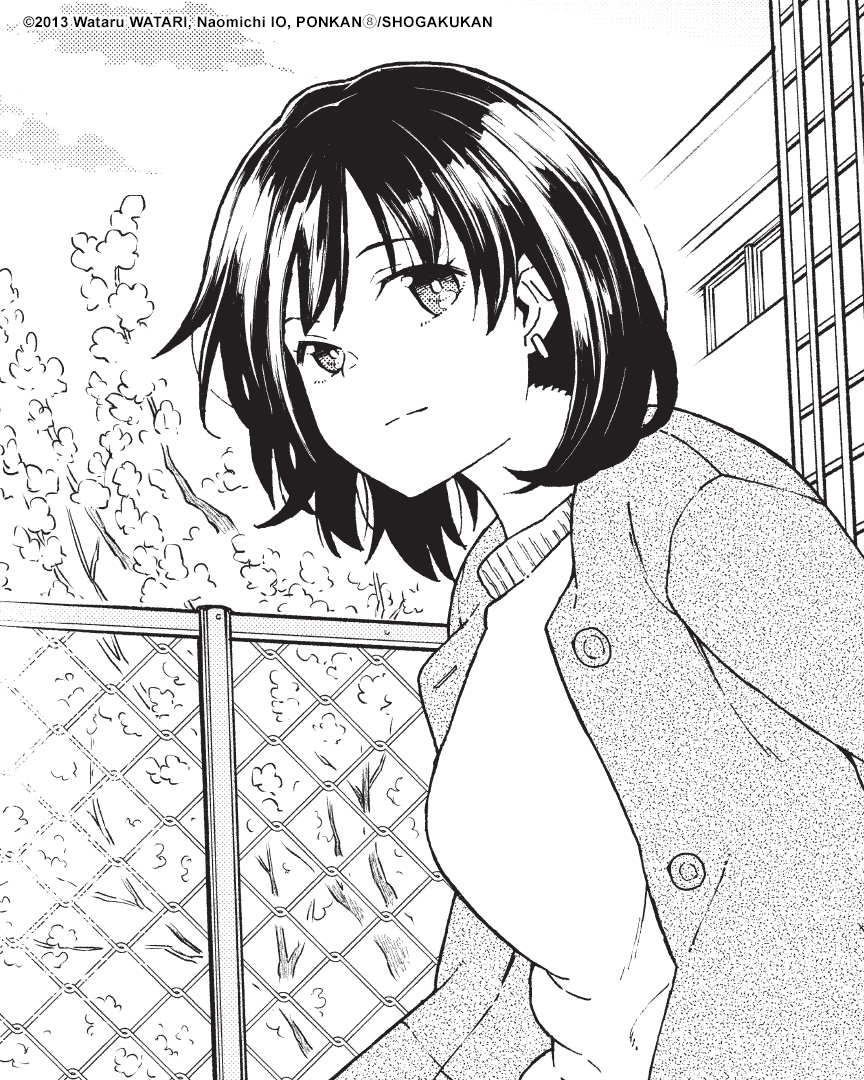
Haruno Yukinoshita is an intriguing character, and she can be challenging to figure out. Do you believe her to be a good person?
Watari: That’s a difficult question to answer. (laughs)
Haruno loves Yukino, but that love is slightly distorted, in a sense. This actually comes from my mother. She’s from a three-sibling family, and including her, all the siblings were friendly with one another. But sometimes, they could all be totally horrible to one another, and I have a feeling that the Yukino-Haruno relationship is in line with what my mother was like.
On social media, you use Komachi Hikigaya as your profile picture. Do you have any particular attachment to Komachi? And if so, what makes her special?
Watari: The reason it’s Komachi and not the others, is because if I choose one of those characters, I would start a war, wouldn’t I? So just in order to be a messenger of peace, and to show that I won’t pick sides or anything, I chose Komachi. But at the same time, the drawing of Komachi I got has a real nice smile, and with that smile, I can say stuff without being a bit too divisive, right?
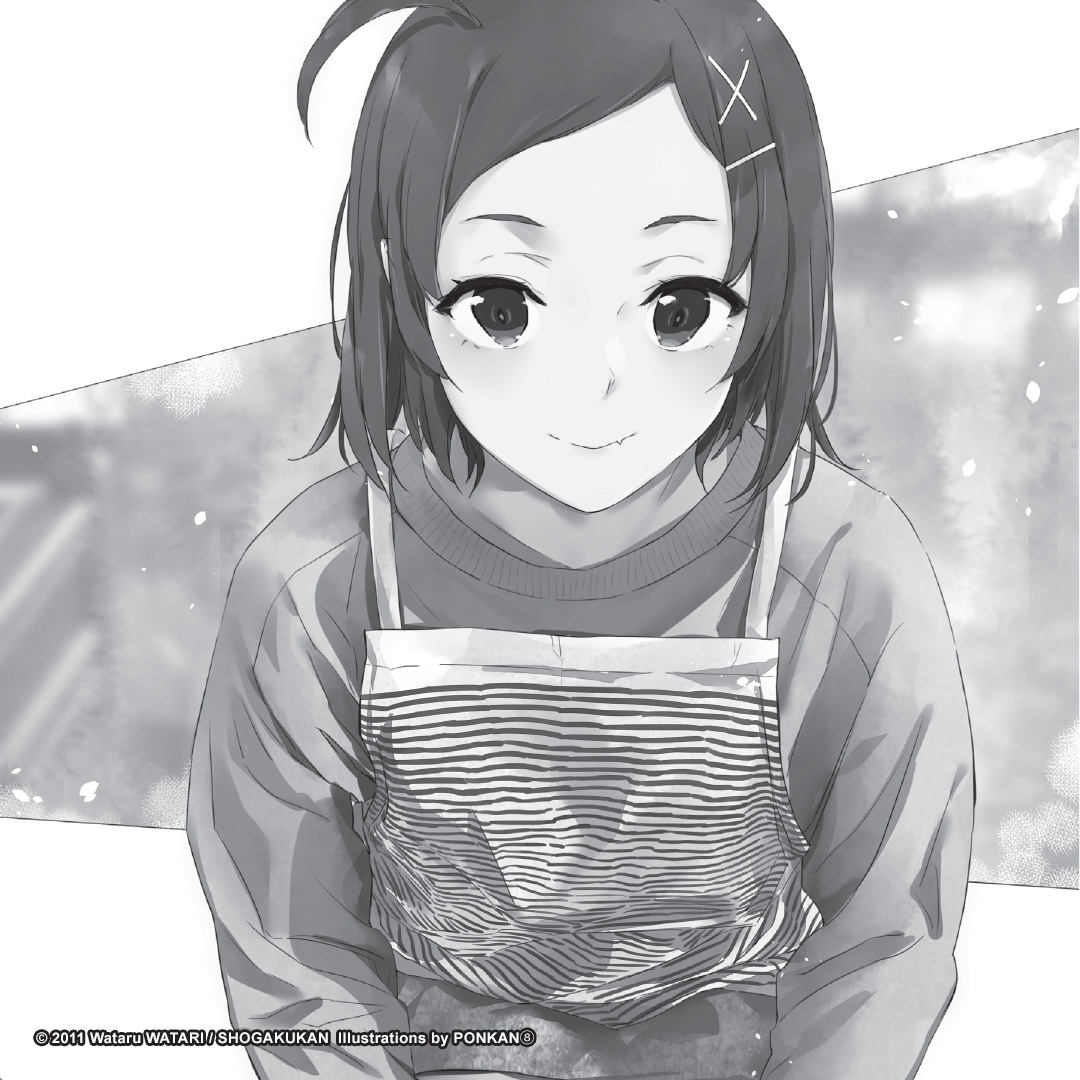
One of the noticeable features in My Youth Romantic Comedy is that you like to repeat words or phrases, and the meanings of those changes depending on the context and who’s saying them. Why did you decide to incorporate this element into your story?
Watari: I believe My Youth Romantic Comedy is about depicting the unnatural difficulty of communication. It’s often the case that you have young people in Japan who are unable to speak or converse, who fail to communicate that way. However, this is about people who talk a lot, yet the meanings of their words don’t get across. I thought to express those characters using the same words but the meaning behind those words differs.
Normally, we speak with one another and use the same words, but it’s often the case that we don’t successfully convey our messages, and in My Youth Romantic Comedy, I wanted to depict how these words are received differently. Even when looking at yourself, as time passes, even the same word can mean different things depending on who you were when you used them.
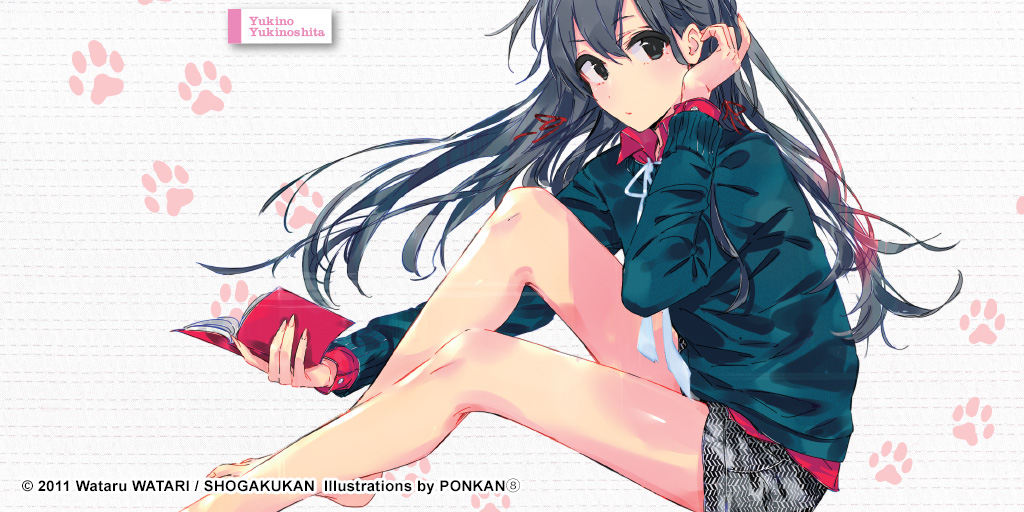
Thank you for supporting this wonderful series! We hope you got the chance to learn more about your favorite characters.
My Youth Romantic Comedy Is Wrong, As I Expected, Vol. 14.5 (light novel) is available now!








